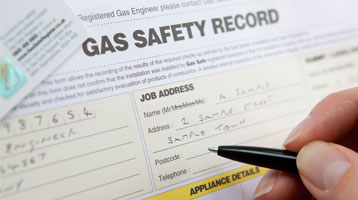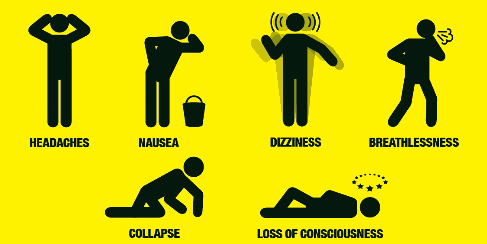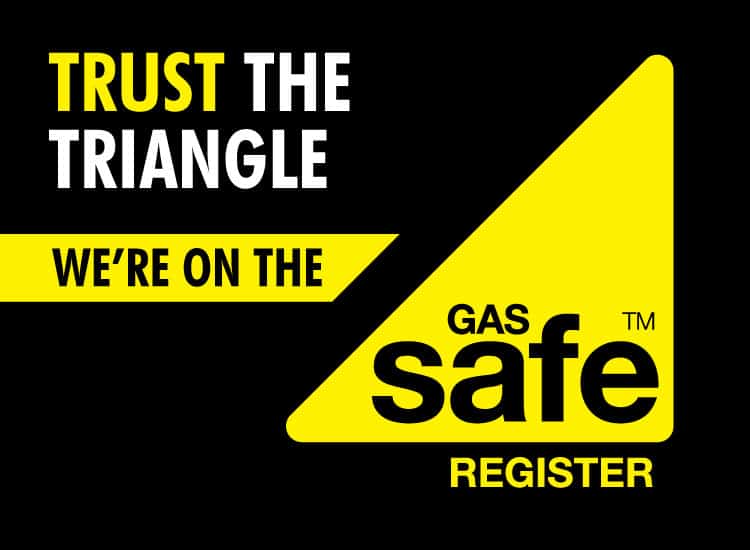
(Gas Safe)
With the kids at home for the Easter break, how many of us can honestly say we’ll make time to check our gas appliances? So many families out there simply do not know of the dangers they put themselves in, especially when it comes to what they should be checking. Not all of us are studying towards gas courses but we still need to remain sharp on what needs to be checked.
We always remind the public to ensure they have their gas appliances checked by a gas safe engineer who holds the relevant gas courses and not just anyone who claims to be competent enough to undertake the job. We previously informed you guys of how to check the Gas Man’s ID. If they do not possess their registration card, do not let them in!

(www.worcsu.com/helpandadvice/housing/gassafety)
The ultimate question is, do you want to become vulnerable to gas leaks, fires, explosions and carbon monoxide poisoning? Gas Safe Register’s CEO Johnathan Samuel said, ‘we want to remind everyone to get their gas appliances checked annually to know they’re working safely’. Once a year does not sound excessive so why do so many not bother to get their appliances checked? He continued to remind the public asking them to not, ‘cut corners and don’t be fooled by an illegal gas fitter. Always check they are Gas Safe registered by visiting GasSafeRegister.co.uk’.
Read the below top tips given by Gas Safe themselves to help ensure your safety:
- Only employ a suitably qualified Gas Safe registered engineer when having gas work carried out in your home. Gas Safe Register is the official register for legally qualified engineers. You can find a registered engineer in your area by visiting the Gas Safe Register website or by calling on 0800 408 5500.
- ‘Don’t cut corners’ and always ask to see your engineer’s Gas Safe ID card. Make sure you check the back of the card, which will state which gas appliances they are qualified to work on.
- Know the symptoms of CO poisoning; headaches, nausea, breathlessness, collapse, dizziness and loss of consciousness.
- Be aware of the signs of unsafe gas appliances; if the flames on the gas hob are yellow or orange and lazy, rather than being a crisp blue flame; dark staining on/around appliances; pilot lights that frequently blow out; increased condensation inside windows.
- If you suspect that someone is an illegal fitter or are worried about gas work carried out in your home, you can report this online or contact Gas Safe Register on 0800 408 5500.
- If you smell gas or think there might be a gas leak, call the free 24-hour national gas emergency number immediately on 0800 111 999.

What about an emergency? Don’t worry, here are the steps you should take according to Gas Safe:
-
- Get fresh air immediately - open all doors and windows to ventilate the area.
- Switch off the appliance and gas pipework by turning off the gas supply at the emergency control valve at the gas meter. Do not turn the gas supply on again until it has been checked by a Gas Safe registered engineer.
- Do not operate electrical switches, operating electrical equipment can ignite escaping gas.
- Extinguish all naked flames.
- If you are feeling unwell visit your GP or hospital immediately and inform them that you may have been exposed to carbon monoxide.
- Contact a Gas Safe registered engineer to check and fix the appliance.
Safety of gas appliances is especially highlighted in our gas courses for anyone looking to learn with Able Skills. Please take the time to check your gas appliances and share this news with those around you.